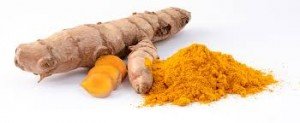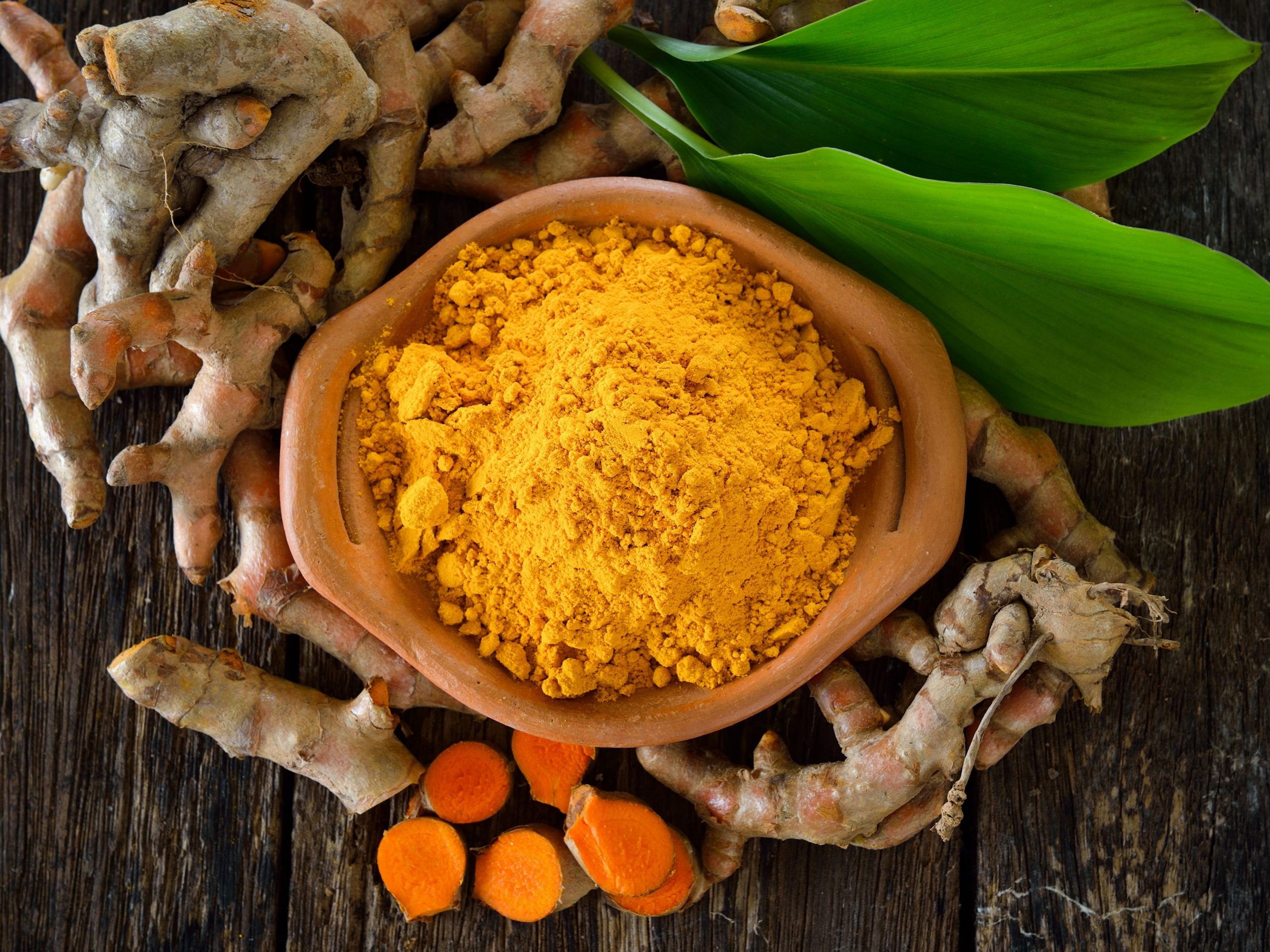What is turmeric?
In our last blog, we briefly mentioned turmeric as the wonder spice. However, its growing popularity and the ever increasing support from the scientific community warrant it having some blog space all to itself.
You are probably most familiar with turmeric as the main spice in curry. It has a warm, bitter taste. In addition to being used to flavour curry powders, it is also used in mustards and cheeses. The great thing about it is that it contains a yellow-colored chemical called curcumin. This is gaining increasing recognition for its anti-inflammatory properties.

All about Turmeric
How turmeric may help
We have all heard that antioxidants are good for us. The great thing about antioxidants is that they can help to combat molecules in the body known as free radicals. Because turmeric has an active ingredient called curcumin, it is a powerful antioxidant.
Free radicals can have a harmful effect on the body by damaging cell membranes, tampering with DNA, and even causing cell death.
As an antioxidant, curcumin can fight these free radicals and may reduce or even help prevent some of the damage they cause.
In addition, curcumin lowers the levels of two enzymes in the body that cause inflammation. It also stops platelets from clumping together and forming blood clots.
Turmeric can help improve digestion and a whole lot more
Because curcumin stimulates the gallbladder to produce bile, it is believed that it may be beneficial for digestion. In Germany, it is amongst the approved herbs that can be safely prescribed for digestive problems.
There is even a study that found that it helps to reduce symptoms of bloating and gas in people suffering from indigestion. There are many other conditions it can help with besides indigestion. It can help with headaches, joint pain, menstrual problems, high cholesterol and even depression!
Ways to include more turmeric in your diet
It really doesn’t have to be limited just to use in curries. You can use a pinch in scrambled eggs or a frittata. Alternatively, you may want to mix it with roasted vegetables, add it to rice, or try it with greens. Three super popular ways to consume more are to use it in soups, blend it into a smoothie or make tea with it in.
A final word of caution
If you have diabetes, talk to your doctor before taking turmeric supplements. It may lower blood sugar levels. When combined with medications for diabetes, turmeric could cause hypoglycemia (low blood sugar).
Although it is safe to eat foods, pregnant and breastfeeding women should not take the supplements.
Because it may act like a blood thinner, you should stop taking it at least 2 weeks before surgery. Tell your doctor and surgeon that you have been taking some.
We hope this information is useful for you. If you have any questions about our treatments, please contact us. You can find us in Mill Hill Broadway and Islington. If you like this blog, please share!
We are always happy to help.



